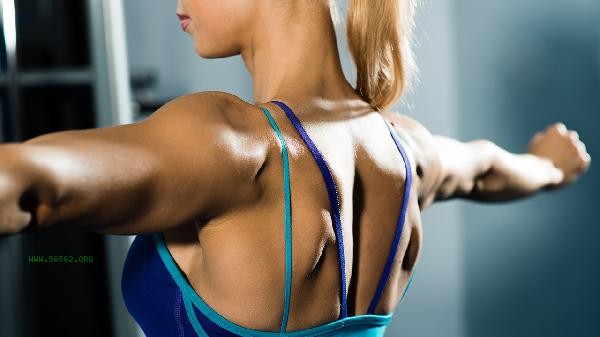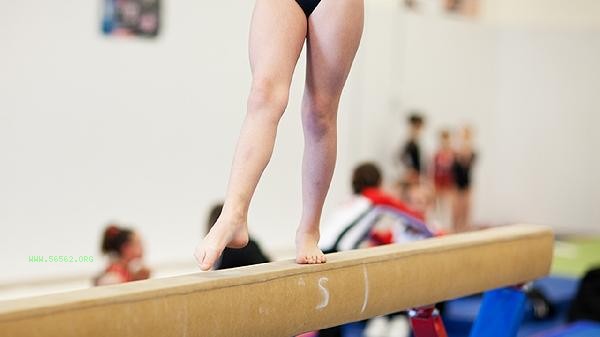Occasionally drinking a bottle of cola during exercise usually does not have a significant impact on health, but long-term or frequent consumption may interfere with the weight loss effect. The high sugar content of cola may offset the calories burned during exercise, while carbonation and caffeine may also affect the exercise status of some individuals. After exercising, the human body needs to replenish water and electrolytes. Although cola can provide short-term energy, it lacks the minerals such as sodium and potassium needed after exercise. Excessive sugar intake can stimulate rapid insulin secretion, which may hinder fat breakdown metabolism. For fitness enthusiasts who aim to lose weight, excessive sugar intake can easily lead to calorie surplus and weaken exercise effectiveness. Half an hour after exercise is the window period for nutritional supplementation, during which choosing foods such as whey protein and bananas is more beneficial for muscle repair. Some people may experience stomach bloating or acid reflux after drinking cola, weak digestive function after high-intensity exercise, and carbonated drinks may exacerbate discomfort. Caffeine sensitive individuals may experience poor sleep quality after exercising at night, and insufficient sleep can reduce recovery efficiency after exercise. Diabetes patients or people with abnormal glucose tolerance should strictly avoid high sugar diet after exercise to prevent excessive fluctuations in blood sugar.

Fitness dietary recommendations mainly include moderate amounts of carbohydrates, high-quality protein, and low glycemic index foods. After exercise, you can choose coconut water, diluted salt water, or dairy products to supplement electrolytes. Long term fitness enthusiasts should establish regular drinking habits, maintain a reasonable daily water intake, and avoid using sugary drinks instead of plain water. If you have special health conditions or fitness goals, you can consult a nutritionist to develop a personalized diet plan that balances exercise performance and health needs.









Comments (0)
Leave a Comment
No comments yet
Be the first to share your thoughts!